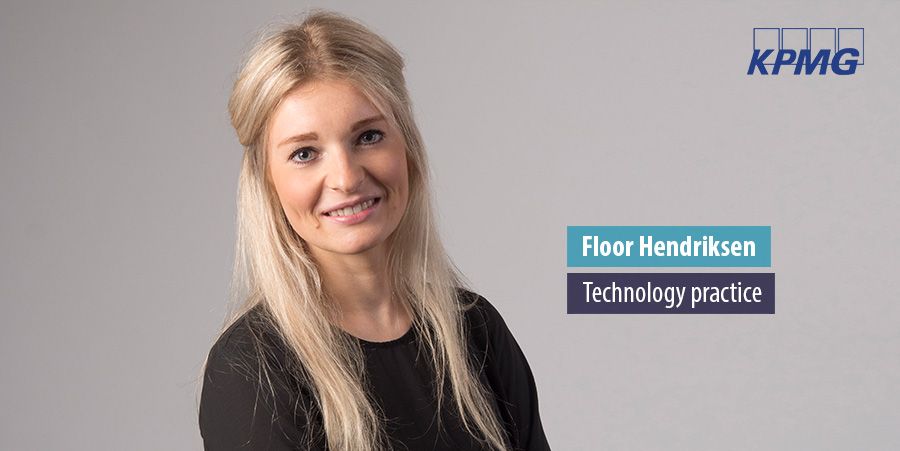
What is an environment specialist? An environment consultant conducts environmental research and interprets the data collected. They also prepare reports for clients. They can also consult with clients to ensure compliance with environmental rules and regulations. Consultants have many responsibilities, depending on their client's needs. They manage projects and oversee their success. They might also conduct field research. This involves collecting and analysing data.
Job description
Many facets make up the job of an environment consultant. An environment consultant is responsible for advising clients. They also produce reports and presentations that analyze data and give advice on environmental hazards. They also collect data from different sites and conduct field studies. Clients and other stakeholders must understand the results of their reports. A consultant in the environment may work in several fields. This means that they may need to have some technical skills, such writing, data analysis, and communicating information.

The job of an environmental consultant is to advise clients on planning and environmental policy. They also advise on recycling, waste management, flood risk. They might also be responsible to plan and design environmental remedial actions to reduce environmental impacts. They may also be responsible for project delivery and keeping clients informed about the latest environmental policies. And because they handle projects with limited budgets, environmental consultants have to manage their time efficiently in order to save money for their clients.
Education requirements
The education requirements for environment consultants are very specific. Graduates of environmental science, environmental engineering, or geology typically choose to specialize in their field. Students may also find a minor or certificate in business, public relation, or communications helpful. Candidates should not only have a solid understanding of regulations and environmental policies, but also be able to communicate effectively and lead. Environmental consultants should have the following qualities to succeed:
Internships at either a private or governmental company are a great way to get experience as an environmental consultant. A work experience in this industry will allow you to gain valuable work experience as well as help you build contacts that you can use for your future job. As a technician or field consultant, you will gain hands-on experience conducting analysis and collecting environmental samples. In order to qualify for a consulting position, candidates should have at least two to five years of work experience.
Salary
Environmental consultants assess environmental issues and create plans to address them. They may be hired by government agencies to help plan infrastructure projects and address environmental challenges. Large companies may also hire them to implement sustainable business practices, and reduce environmental hazards in the supply chain. These consultants may also be involved in toxic cleanup or other environmental issues. Although their work duties can vary, consultants are typically paid up to $60,000 each year. Environment consultants can earn salaries ranging from $47,000 to $130,000. Their experience will also play a role in their compensation.

A higher salary is possible if you've completed relevant graduate courses and have relevant work experience. Even though an HND is unlikely to get you into this sector, many consulting firms offer graduate programs. Relevant work experience can also be obtained through voluntary work with local environmental agencies. Most environmental consultants work for consulting firms, which are contracted by the public sector or commercial organisations. A degree in environmental engineering or environmental science is the minimum requirement for entry.
FAQ
What can I anticipate from my consultant
Once you select your consultant, you should expect to hear back from them within a few days. They will request information about your company including its mission and goals, products, services, budget, and other pertinent details. Next, they'll provide a proposal describing the scope and estimated time frame, fees, deliverables or milestones, as well as an estimate of costs.
If all goes according to plan, the two sides will sign a written deal. The type and content of the contract will vary depending on whether the relationship is employer-employee/employer-independent contractor.
If everything goes as planned, the consultant may begin to work immediately. He/she will have immediate access to your internal documents, resources, and you'll be able to access his/her skillset and knowledge.
However, don't assume that just because someone is a consultant that s/he knows everything. It takes practice, effort and practice in order to be an expert in any area you consult. Don't expect your consultant know everything about your company.
What is a consultant and what are their responsibilities?
Consultants are those who offer services to other people. It's more than just a job title. This role allows you to help others achieve their dreams. This is done by helping others understand their options and making the right decisions.
Consultants are skilled at solving problems and overcoming challenges that can arise during projects. They can provide guidance and advice on how to implement the solutions.
A consultant should be able to answer questions about anything related to business, technology, finance, law, management, leadership, strategy, operations, customer service, human resources, etc.
What qualifications are required to become a consultant?
It is not enough to have an MBA degree. You must also have experience as a consultant. A minimum of two years' experience in consulting, training and/or advising a major company is necessary.
Your experience in strategy development projects requires that you work closely with senior managers. This will require you to be comfortable sharing your ideas with clients and getting their buy-in.
A professional qualification exam like the Certified Management Consultant (CMC), Chartered Management Institute, is required.
How do I get clients for my consultancy business?
The first step is to find an area you are passionate about. This could be social media or public relations. However, it must be something that you are passionate about. If you don't feel passionate about it, you might need to start small with web design. Once you have found the niche market, you need to understand why it works. What problems does this solve? Why should people use it? And most importantly, how can you help them?
You can also approach businesses directly.
If all else fails, why not offer your services at free events like networking evenings and conferences? This will allow you to meet potential customers without the need for advertising and also allows you to showcase your skills.
Statistics
- On average, your program increases the sales team's performance by 33%. (consultingsuccess.com)
- According to statistics from the ONS, the UK has around 300,000 consultants, of which around 63,000 professionals work as management consultants. (consultancy.uk)
- "From there, I told them my rates were going up 25%, this is the new hourly rate, and every single one of them said 'done, fine.' (nerdwallet.com)
- 67% of consultants start their consulting businesses after quitting their jobs, while 33% start while they're still at their jobs. (consultingsuccess.com)
- Over 50% of consultants get their first consulting client through a referral from their network. (consultingsuccess.com)
External Links
How To
How do I start a consultancy company?
It's a great way for you to make money online by starting a consulting company. It doesn't require any prior business experience nor capital. It is possible to create a website to launch your consulting business. After you have built a website, social media platforms such Instagram, Pinterest and LinkedIn will be useful to spread the word about your services.
You can create a marketing strategy that includes these things with these tools
-
Blog Content Creation
-
Contacts are essential for building relationships
-
Generating leads (lead generation forms).
-
Selling products through ecommerce websites
Once you have created your marketing strategy you will need to find clients that will pay for it. Some prefer to connect with people through networking events. Others prefer to use online resources like Craigslist and Kijiji. Your choice is yours.
Once you've found new clients, you'll want to discuss terms and payment options. These could be hourly fees, retainer arrangements, flat-fee contracts, or other types of fees. It's important to know what you expect before accepting a client so you can communicate clearly throughout the process.
An hourly contract is the most popular type of contract for consulting services. This contract allows you to pay a fixed amount each week or month for certain services. Based on the service you provide, you might be able to negotiate a discount based on the length of your contract. When you sign a contract, make sure you fully understand it.
The next step is to create invoices and send them to your clients. Invoicing is one thing that looks simple until it's actually done. There are many options for invoices to be sent to your clients. You can choose to have your invoices sent directly to your clients or to print them and send them. Whatever method you choose, make sure it works for you!
Once you have completed creating invoices you will want to collect payment. PayPal is preferred by most because it is easy-to-use and offers multiple payment options. However, other payment processors are available, including Stripe, Square Cash, Google Wallet, Apple Pay, Venmo, etc.
Once you are ready to start collecting payments, it is time to open bank accounts. You can keep separate checking and savings accounts to track income as well as expenses. It is also a good idea to set up automatic transfers into your bank account for paying bills.
It may seem overwhelming to start a consultancy, but once it is done correctly, it becomes second-nature. You can read our blog post to learn more about how to start a consultancy business.
Starting a consulting firm is a great way to earn extra cash without worrying about employees. Many consultants work remotely, which means they don't have to deal with office politics or long hours in the office. You have more flexibility than traditional employees because you aren't tied down by work hours.